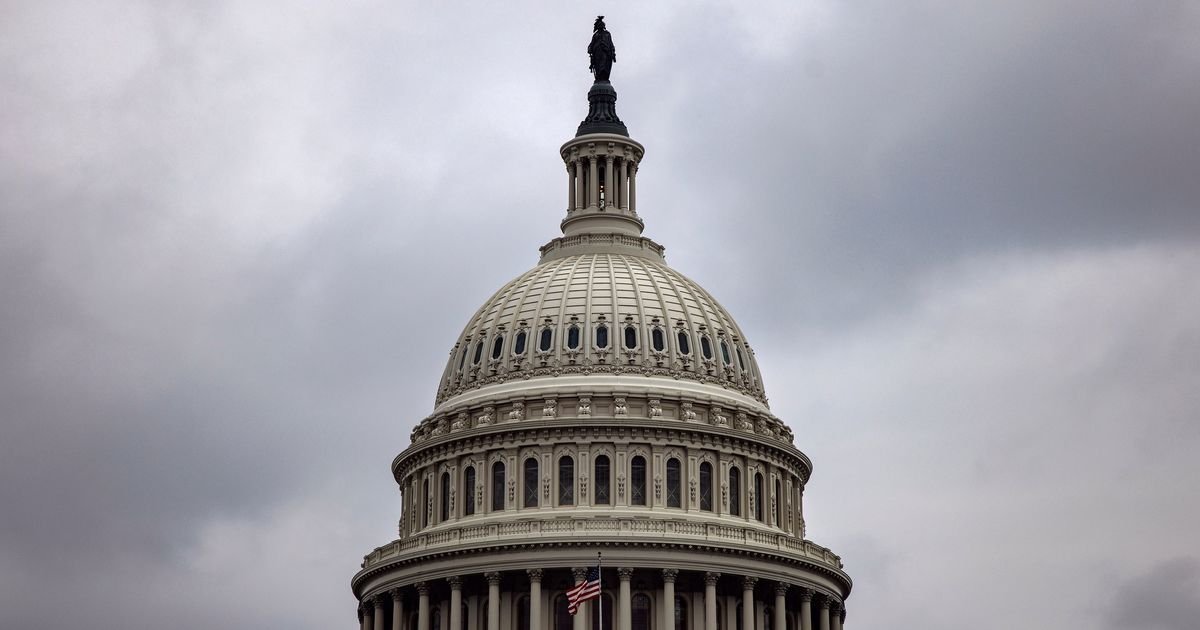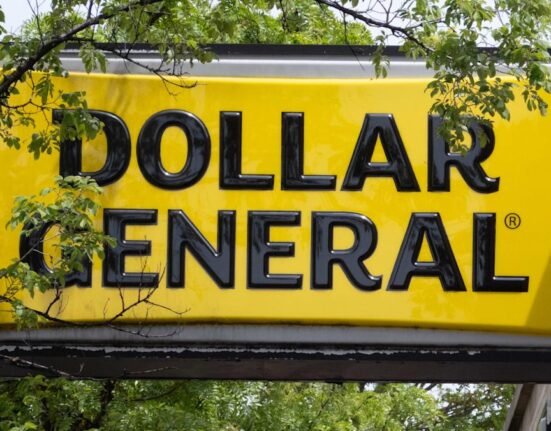Tucked into the domestic policy bill advanced by House Republicans last week is a change to the tax code that could potentially cool the current frenzy among the very wealthy to own professional sports teams.
For decades, owners of teams in the NFL, NBA and other major leagues have been able to write off the entire value of their team’s “intangible assets,” which include player contracts, media rights and sponsorships, over 15 years.
Under the House plan, team owners would be able to deduct from their taxes only half the value of those intangible assets over that period.
The tax break, introduced two decades ago, can amount to hundreds of millions of dollars. Intangible assets make up the bulk of a team’s worth, and because team values have been steadily rising, the tax breaks have as well. The tax break has turned teams into a kind of tax shelter and has helped fuel the lofty prices that investment firms and billionaires have paid for teams in recent years.
The House bill provision would not affect current owners, only future ones. The congressional Joint Committee on Taxation estimates that cutting the write-offs in half would raise $991 million in revenue over 10 years.
Leagues have been doing the math to determine how much the tax bill might hurt them.
The prospect of the tax changes could spur sellers – or buyers – to move more quickly ahead of any changes being formalized, said Mark Weinstein, a partner at the law firm Hogan Lovells.
NFL owners, who met for two days in Eagan, Minnesota, last week, were briefed on the provision. According to team executives, the owners were encouraged to call senators in their home states to pressure them not to include a similar provision in the Senate version of the policy bill. One team president, who spoke on the condition of anonymity because he feared potential fallout from the president, said that the provision “felt punitive.” President Donald Trump, he and others said, wants leverage over the owners.
The White House disputed that suggestion. A White House spokesperson, Harrison Fields, said the tax measure was about eliminating an advantage for owners at a time when the price of attending sporting events is rising.
This article originally appeared in The New York Times.







